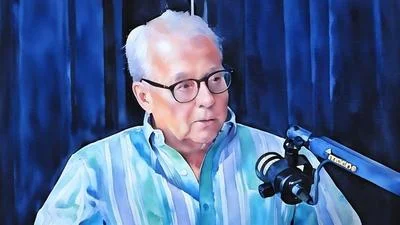The 2023 New Mexico Firefighter & Friends St. Baldrick’s Foundation fundraising event was held recently at the Rio Rancho Events Center.
About 40 people had their heads shaved during the fundraising event, where all proceeds go to St. Baldrick’s Foundation, which studies childhood-specific cancers.
“It is very heartwarming when you realize why people do this,” Roger Tannen, the volunteer event coordinator, told KRQE News. “Childhood cancer is very poorly understood and very poorly treated across the world.”
Event organizers were hoping to increase their donation total after struggling to raise funds in the last few years. The St. Baldrick’s Foundation website says, “During the pandemic, kids were still being diagnosed with cancer, but donations to support research have been down drastically.”
The foundation set a goal of $40,000 in donations for this year, and the community responded. Working as a team or as individuals, firefighters, EMS providers, health care workers, retail and restaurant workers all took part in some manner. The website reported it had raised $41,543 heading into this week.
“We believe all kids should be able to grow up and turn their dreams into reality,” the website said.
The New Mexico Firefighter & Friends St. Baldrick’s fundraising event is held around St. Patrick’s Day each year, but donations can be made year-round on St. Baldrick's Foundation website.
"In the 1950s, almost all kids diagnosed with cancer died," St. Baldrick's website says. "Because of research, today about 90% of kids with the most common type of cancer will live. But for many other types, progress has been limited, and for some kids, there is still little hope for a cure."
The foundation intentionally uses the words "kids" to distinguish itself from teens and young adults. "Adolescents and young adults with cancer are often treated as adults. If they received childhood cancer treatments instead, 30% more would survive."









